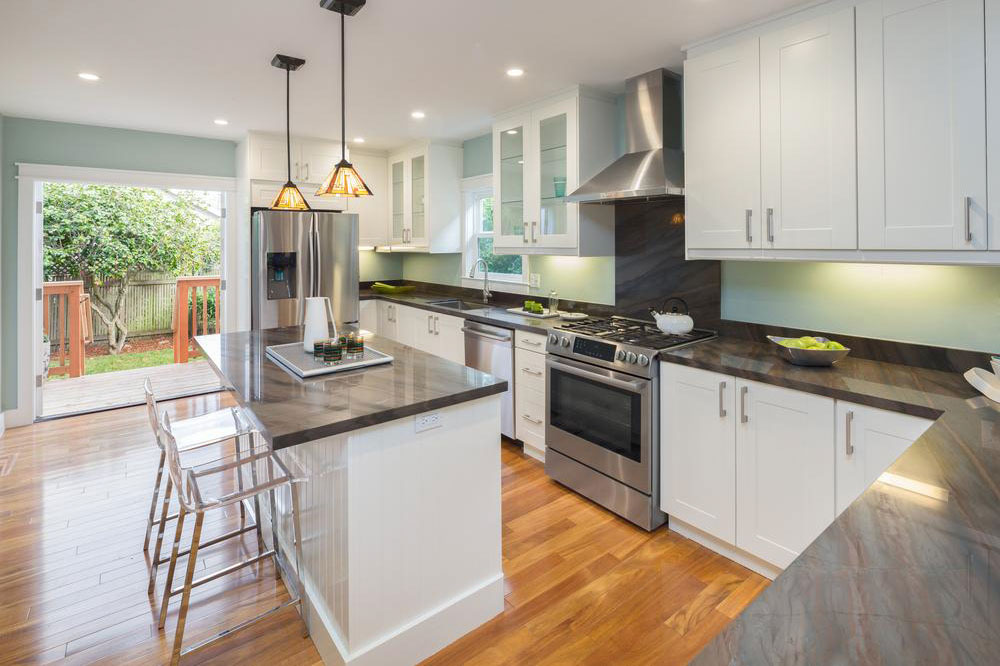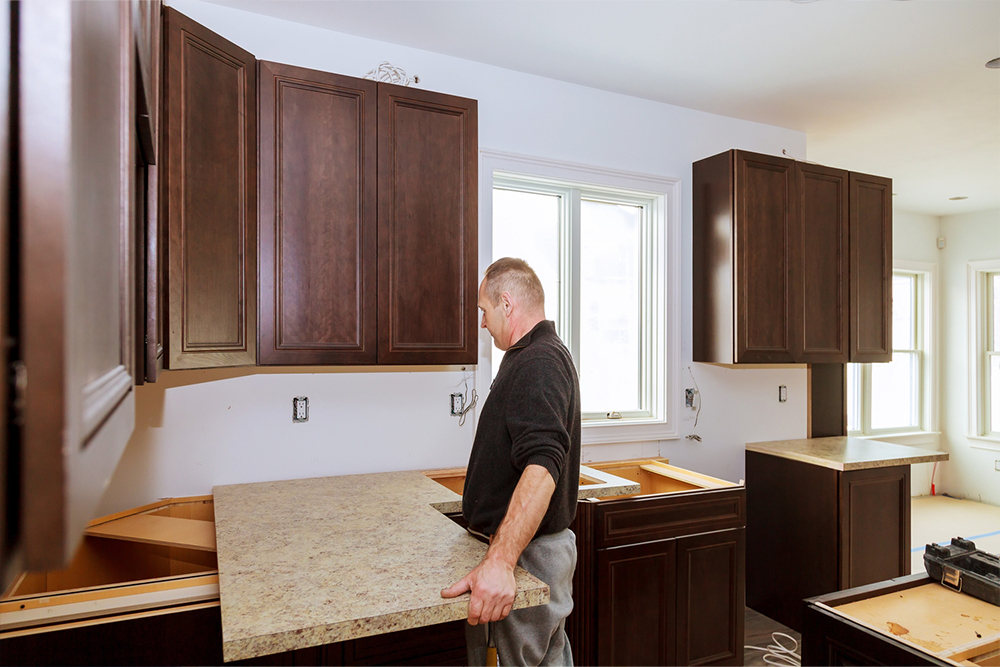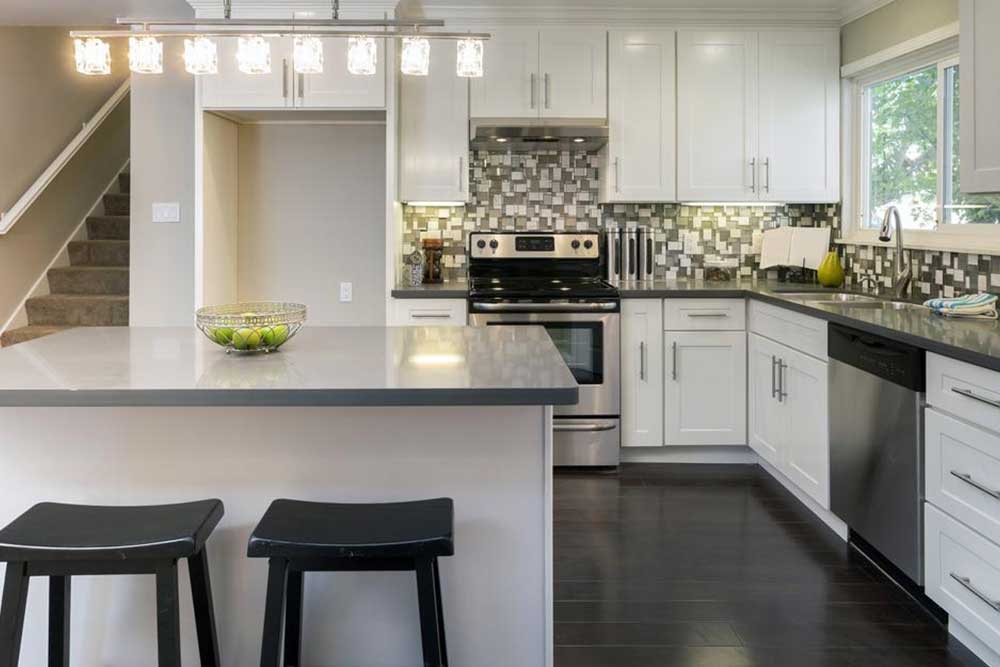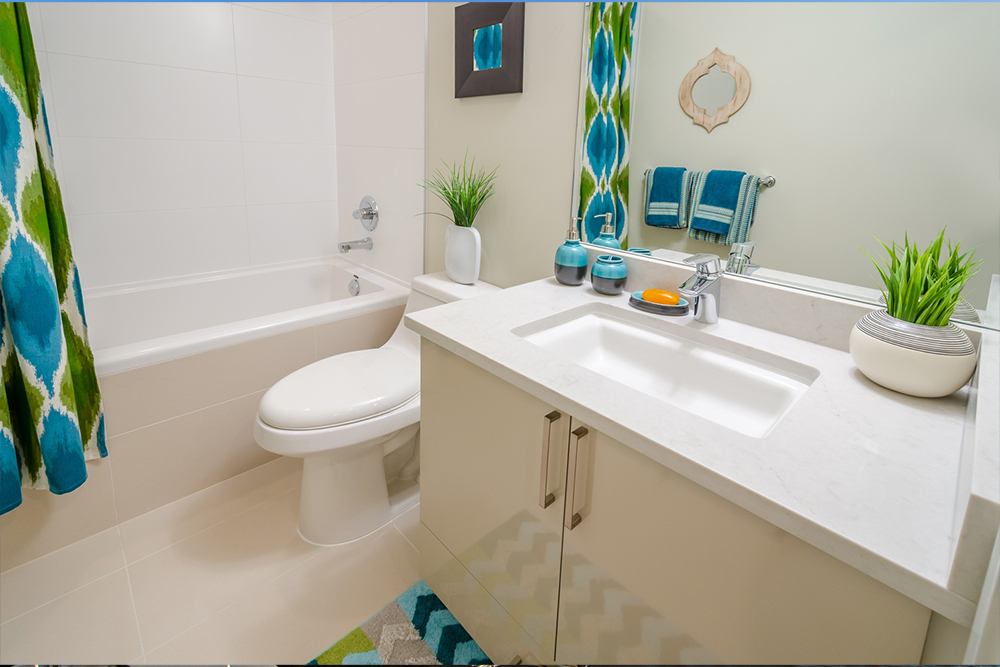Comprehensive Guide to Hiring a Dependable Home Renovation Specialist
Learn comprehensive strategies to select a trustworthy home renovation contractor. This guide covers budgeting, style definition, credential verification, detailed bidding, and contract essentials to ensure a successful home upgrade. Find out how to avoid pitfalls and work with reliable professionals for your remodeling needs.

Comprehensive Guide to Hiring a Dependable Home Renovation Specialist
Embarking on a home renovation project is a significant endeavor that can transform your living space, enhance functionality, and elevate aesthetic appeal. Whether you're planning a minor update or a comprehensive overhaul, selecting a trustworthy and skilled renovation contractor is crucial to achieving your desired outcomes. A professional contractor ensures quality workmanship, adheres to timelines, and helps you stay within your budget. Given the importance of this decision, it’s essential to consider multiple factors during your selection process to find the ideal expert for your home improvement needs.
Effective Strategies for Finding a Qualified Renovation Contractor
1. Establish Your Renovation Budget
Beginning your renovation journey with a clear and realistic budget is fundamental. Knowing how much you are willing to invest prevents overspending and aids in making informed decisions throughout the project. When setting your budget, consider not just the cost of materials and labor but also allocate a contingency fund—usually around 10-15% of the total budget—to cover unexpected expenses that may arise during construction or renovation. Having a transparent budget also assists in narrowing down contractor options, as many will tailor their proposals based on your financial parameters.
With your financial framework in place, defining your preferred renovation style becomes more straightforward. Whether aiming for modern, rustic, minimalist, or traditional aesthetics, having a clear vision helps steer the project in the right direction. Your chosen style will influence material selection, color schemes, and design elements. Moreover, working with an experienced contractor can bring creative ideas to the table, such as space-saving solutions, innovative storage options, or unique lighting features that enhance your home's overall appeal. Clear communication about your style preferences is vital for ensuring that the contractor’s proposals align with your expectations.
Assessing the credentials of potential contractors is a key step in guaranteeing quality and professionalism. Look for certifications such as Certified Graduate Remodeler (CGR), membership in the Building Industry Association (BIA), or specialized credentials like Certified Aging in Place Specialist (CAPS). These credentials demonstrate that the contractor adheres to industry standards, ethics, and continuous professional development. Additionally, check for business licenses, insurance policies, and bonding to protect yourself from liability and ensure the contractor’s legitimacy. Verified credentials reflect a commitment to quality work and reduce the risk of future disputes or subpar results.
Communication is essential before making a final hiring decision. Engage in detailed discussions with your shortlisted contractors to gauge their experience with similar projects. Request references from past clients to verify their reputation and quality of work. Inquire about their financial stability, including relationships with material suppliers and banks, which can impact project timelines and availability. Clarify their project management approach and team dynamics, including how they coordinate with subcontractors. A contractor with a transparent, professional approach and good communication skills will be easier to work with and more likely to deliver satisfactory results.
Once you've shortlisted potential contractors, solicit detailed bids. Share your project scope, style preferences, and specific requirements to obtain comprehensive proposals. These bids should break down costs into labor, materials, permits, and other expenses. Comparing multiple estimates will help you gauge market prices and identify the most reasonable and detailed proposal. Remember, the lowest bid is not always the best choice; sometimes, it indicates shortcuts or inferior materials. Prioritize bids that include thorough explanations and assurances of quality, and ensure all pricing details are documented in writing.
The total cost of a home renovation can vary significantly based on multiple factors, including project size, complexity, chosen materials, and current market prices. On average, home renovations cost between $19,800 and $73,000, translating to roughly $15 to $60 per square foot. For high-end upgrades or specialized projects like kitchen or bathroom remodels, costs may reach $100 to $250 per square foot. It’s important to factor in potential unforeseen expenses, such as structural issues or code compliance revisions, which can increase overall costs. Having a clear understanding of your budget and realistic expectations helps in planning effectively.
Getting everything in writing is a crucial safeguard. A detailed contract should specify payment schedules tied to project milestones, estimated timelines, quality standards for materials, procedures for handling changes or modifications, and procedures for resolving disputes. Having a comprehensive contract protects both you and the contractor by clearly defining expectations and responsibilities. It serves as a legal document that can prevent misunderstandings and ensure the project proceeds smoothly from start to finish. Remember to review the contract carefully and seek legal advice if necessary before signing.
In conclusion, choosing the right home renovation contractor involves diligent research, clear communication, and thorough vetting. By setting a realistic budget, defining your style, verifying credentials, obtaining detailed bids, and formalizing agreements in writing, you can significantly increase the likelihood of a successful renovation project. Investing time and effort into selecting a qualified professional pays off by ensuring your home improvement goals are achieved with quality, efficiency, and peace of mind.





